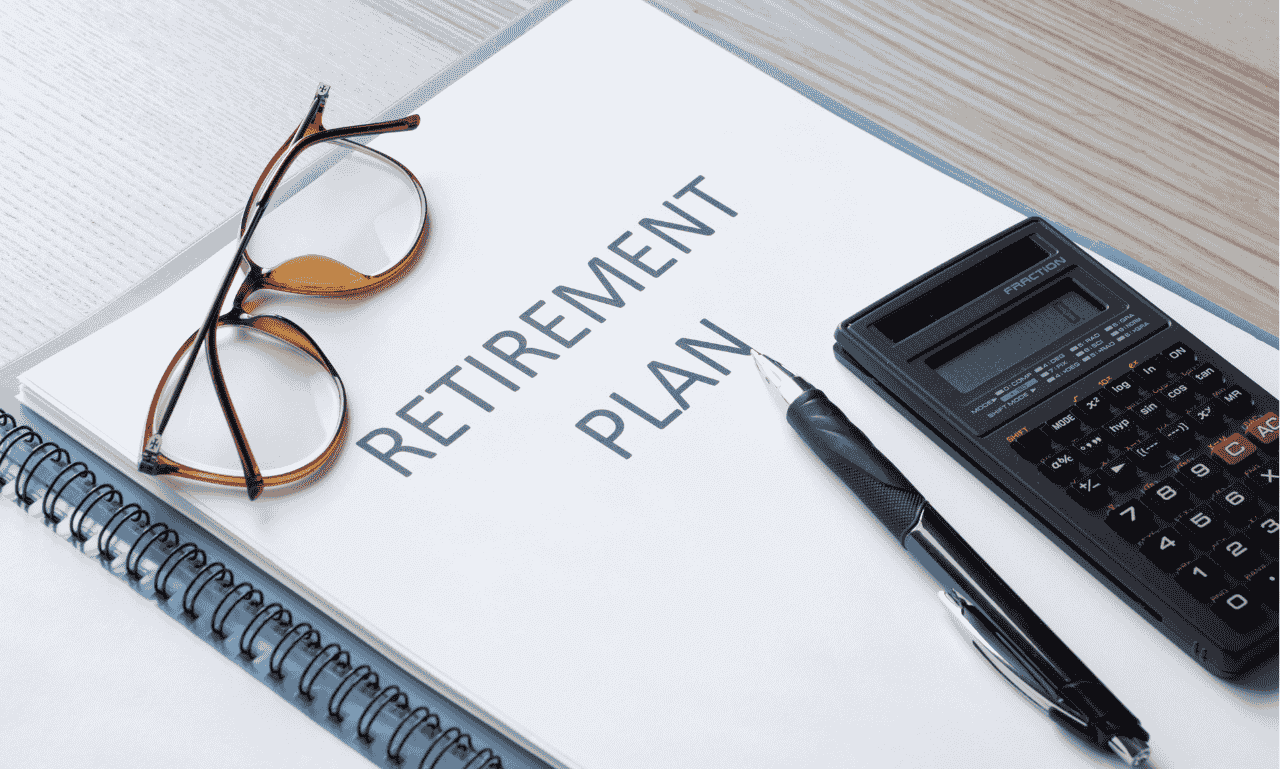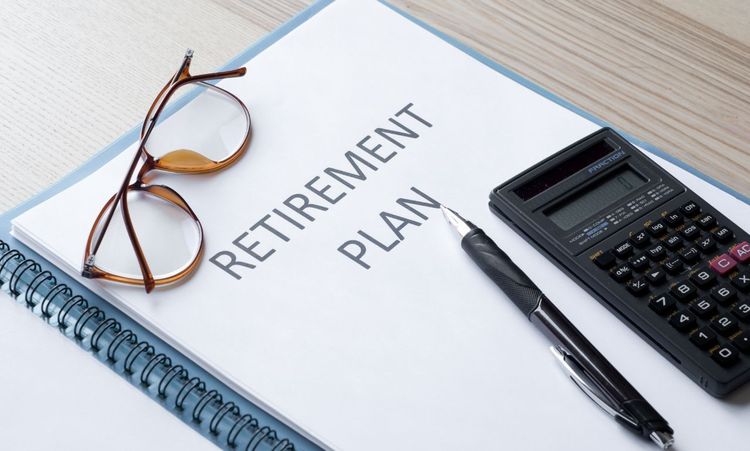Are you thinking about retirement? Maybe you're wondering if your savings will last long enough. These thoughts keep many future retirees up at night. It's a time to relax, enjoy the fruits of your labor, and focus on the things you love. But before you get there, asking the right questions is essential. Planning your retirement isn't just about saving money—it's about creating a financial plan that ensures your future is comfortable and secure. So, what should you consider before you retire? Here are 10 important questions you should ask.
Is It Time for Financial Advice?

Getting expert help with retirement planning isn't just for the wealthy. Many people can benefit from professional guidance with their retirement strategy.
A financial advisor can spot gaps in your retirement plan. They bring valuable experience from helping others navigate similar retirement challenges.
What are the Three C's of Retirement?
Clarity
Think of clarity as your retirement GPS! It's all about having a crystal-clear vision of what you want your retirement to look like. Maybe you dream of traveling the world, starting a small garden, or spending more time with grandkids. Whatever your dreams, getting clear about them now helps you create a roadmap to make them happen!
Comfort
Comfort isn't just about having a cozy chair to relax in (though that's nice, too!). It's about maintaining the quality of life that makes you happy. Think about your daily pleasures - whether it's your morning coffee ritual, regular golf games, or weekly dinner dates. Your retirement plan should protect these little joys that make life sweet.
Cost of Living
Let's talk money sense! This C is your financial reality check. It's about understanding what your dream lifestyle will actually cost and planning for those inevitable price increases over time. Remember, inflation is like a sneaky little friend that keeps making everything a bit more expensive each year!
Certainty
This is your peace-of-mind factor! Certainty comes from knowing you've covered all your bases - healthcare costs and emergency funds. It's about building a retirement plan to weather life's surprises while keeping you confident about your future.
Use these four C's as your retirement success checklist. When they all align, you're not just planning for retirement - you're planning for a retirement you'll love!
10 Questions to Ask Before You Retire
How do you want to spend your retirement years?
Your retirement lifestyle choices will directly impact how much money you need. Some retirees dream of traveling the world and need larger savings.
Others prefer quiet activities like gardening or spending time with grandchildren. Your planned activities will determine your required retirement income.
Consider whether you'll want to live in your current home. Moving to a smaller house could significantly reduce your expenses.
When is the "right" time to retire?
The perfect retirement age varies based on health, finances, and personal goals. Social Security benefits increase if you wait until age 70. Your employer's pension rules might affect your retirement timing. Some companies offer better benefits after specific years of service. Consider your energy levels and ability to continue working. Health issues might push retirement earlier than planned.
How much will health care cost?
Healthcare often becomes the biggest expense in retirement. Medicare doesn't cover all medical costs or long-term care. The average couple needs to save $300,000 just for healthcare in retirement, according to Fidelity's latest retirement healthcare cost analysis. Long-term care insurance deserves serious consideration. It can protect your savings from being drained by extended medical care.
When can you claim Social Security retirement benefits?

You can start receiving Social Security benefits at age 62. However, taking benefits early permanently reduces your monthly payments. The full retirement age ranges from 66 to 67, depending on birth year. Waiting until age 70 maximizes your monthly Social Security benefits.
Your working spouse's benefits might affect your claiming strategy. Coordinating claims can maximize lifetime benefits for both partners.
How much retirement savings do you need to do?
The classic rule suggests saving 10-15% of your income for retirement. Your specific needs might be higher or lower. If you're over 50, consider using catch-up contributions. These allow extra deposits to retirement accounts each year. Inflation is a factor when calculating future expenses. Today's dollar will buy less in 20 years.
Will you have enough retirement income?
Add all potential income sources: Social Security, pensions, retirement accounts, and other savings. Compare this total to your expected expenses. Consider creating multiple income streams for security. Rental property or part-time work can supplement retirement accounts.
Remember that market returns aren't guaranteed—plan for good and challenging investment years.
Is early retirement in the cards?
Early retirement requires significantly more savings. You'll need to fund more years without employment income. Healthcare becomes a more significant concern before Medicare eligibility. Private insurance can be extremely expensive. Consider whether you're emotionally ready for early retirement. Many people find purpose and satisfaction in work.
What will your expenses look like as a retiree?
Some expenses decrease in retirement, like commuting costs. Others, like healthcare and leisure activities, often increase. Track your current spending for several months. This gives you a baseline for retirement budget planning. Consider how your housing costs might change. Paying off your mortgage could significantly reduce monthly expenses.
What are your retirement goals?
Set specific, measurable retirement goals beyond financial targets. Include both short-term and long-term objectives. Think about your ideal daily routine in retirement. This helps identify potential costs and necessary preparations. Consider activities that will keep you mentally and physically active. Maintaining health can reduce future expenses.
What Percentage of Your Pre-Retirement Income Can You Live On?
Many experts suggest planning for 70-80% of pre-retirement income. Your specific percentage depends on planned lifestyle changes. Lower-income needs might work if you've paid off debts. Higher percentages help maintain an active retirement lifestyle. Factor in potential major expenses like travel or hobbies. These can significantly impact your required retirement income.
When to Start Planning for Retirement and Other Client Questions
Young workers benefit from compound interest over decades. Even small contributions can grow significantly over time. Regular retirement plan reviews keep you on track. Update your strategy as life circumstances change. Many people wonder about the perfect retirement planning timeline. Here's a practical breakdown by age.
Starting in your 20s gives you amazing compound growth potential. Small monthly contributions can grow into impressive retirement savings. Your 30s are crucial for building strong retirement habits. Consider increasing your contributions as your income grows. Retirement planning should become more focused by your 40s. Review your investment mix and consider working with a financial advisor.
Your 50s offer catch-up contribution opportunities. Take advantage of these higher limits to boost your retirement savings. In your 60s, start fine-tuning your retirement timing. Consider factors like Social Security claiming strategies and healthcare coverage. Remember that retirement planning looks different for everyone. Your personal situation guides your specific timeline and plan.
What is the biggest concern in retirement?

Running out of money tops most retirees' worry lists. Proper planning helps address this common fear. Healthcare costs worry many approaching retirement. Insurance planning has become increasingly important. Market downturns can threaten retirement savings. Diversified investments help protect against market risks.
Living alone creates additional retirement planning challenges. Social support networks become increasingly important. Inflation can eat away at fixed retirement income. Investment strategies should account for rising costs over time. Loss of independence worries many retirees. Planning for potential care needs provides peace of mind.
Housing decisions become more complex in retirement. When making housing choices, consider future accessibility needs. Family obligations might impact retirement plans. Open discussions with family members help prevent future surprises. Transportation needs to change as we age, and potential future mobility requirements should be considered when planning.
Conclusion
Retirement planning requires careful thought and regular review. These ten questions help guide your retirement preparation. Start addressing these questions early in your career. Regular adjustments keep your retirement plan current. Remember that retirement planning isn't a one-time event. Keep reviewing and updating your strategy as circumstances change.
Also Read: Passive Income Ideas for Nurse Practitioners




